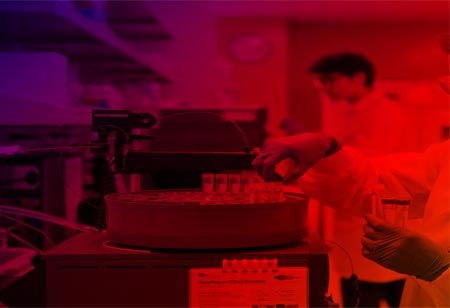Since its beginnings in the nineteenth century, the chemical industry has made significant progress. It has undergone substantial changes in technology, operations, and business models in the past century.
FREMONT, CA: The chemical manufacturing industry is confronting a new wave of technologically-driven disruption and transformation, with enterprises under pressure to remain competitive and profitable in the face of volatile raw materials and market prices.
At the same time, significant untapped innovation opportunities can restructure supply chains and generate value creation in various ways, but only if they address the fundamental issues outlined in the 2023 Chemical Industry Outlook report by Deloitte.
Prepare for a transformation in portfolio management
While the contemporary environment of the chemical sector is robust, it is also changing. A well-defined portfolio management approach will assist in prioritizing investments in emerging technologies and keeping up with fluctuating consumer expectations.
In 2023, the chemical sector will be well-positioned to adapt to these problems and seize any resulting possibilities.
Here are some suggestions for positioning the organization for a long-term change in portfolio strategy:
In a shift toward asset-oriented deal-making, place greater emphasis on the long-term viability of product portfolios within sustainability. The current environment is preparing the groundwork for this transformation; now is an excellent time for businesses to invest in the right areas.
Strategically invest in every aspect of the organization to take advantage of opportunities and avoid falling behind competitors who have already begun their transformations.
Reconceptualize supply chain
In the coming year, producers will need to reevaluate supply-chain structures to accommodate the required changes over the next decade.
Overall, supply chains must strike a balance between costs, carbon footprint, and resiliency management. This difficult task will require businesses to adopt significantly different tactics than in the preceding three decades.
How can businesses redesign their supply chain to achieve more efficiency, sustainability, and resilience? Companies should evaluate how automation and technology may be utilized to reinvent their supply chain.
Implementing an ERP system such as SAP Business A revolution in supply chain management can improve efficiency, sustainability, and resilience.
Innovation and sustainability are essential.
Focusing on innovation and sustainability can help businesses overcome the challenges of fluctuating markets, regulations, and consumer demands. These initiatives should go beyond abatement to develop material or product substitutes on a bigger scale.
Innovation is essential to maintaining a company's competitiveness in a market that is becoming increasingly global.
Sustainability is a primary corporate principle influencing all the chemical industry experts do, including how we manufacture products and operate their facilities. The chemical industry experts must continue incorporating sustainability into their operations and prioritize innovation to create new products, processes, and technology to reduce environmental effects.
As part of this initiative, we must consider material or product substitutions on a broader scale.
Innovative technologies drive progress and sustainability
Innovations in emerging technologies are enabling new business models that improve value chains and promote sustainability, such as artificial intelligence (AI), blockchain, and the Internet of Things (IoT).
AI enables predictive maintenance in chemical plants to increase uptime and decrease unscheduled downtime by delivering real-time data on equipment performance to optimize operations.
Digital technology can facilitate materials innovation and expedite the development of low-cost formulations by analyzing, optimizing, and absorbing ingredient recipes and domain knowledge from many sources onto a single platform for global user accessibility.

